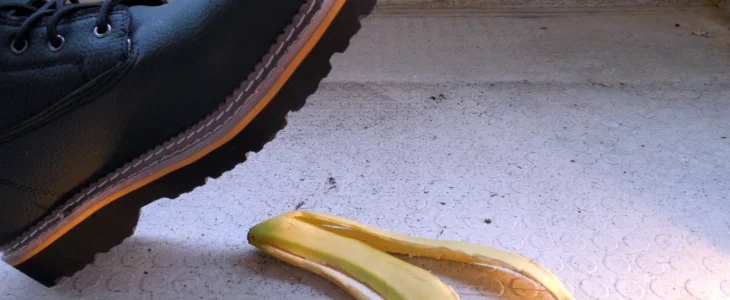Take these three steps to file and open your OWCP Federal Workers’ Compensation Claim.
If you are a civilian federal employee who is injured at work, you can file an OWCP Federal Workers’ Compensation Claim for your injury. This article discusses each stage of the process from filing your claim to obtaining a decision.
Step One: File Your OWCP Claim
First, you need to file one of OWCP’s injury claim forms online or through your Agency. These forms are the CA-1 Claim for Traumatic Injury and the CA-2 Claim for Occupational Disease. To file the correct form, you should know the difference between a traumatic injury and an occupational disease.
A traumatic injury is one from a specific event or events during one work shift. A trip and fall at work would qualify as a traumatic injury.
An occupational disease is an injury that occurs over time. An employee who develops carpal tunnel from years of typing at work has an occupational disease.
Before file your claim, it is important that you have already started to gather the supporting documentation OWCP will request in the next step. This is where an experienced OWCP attorney can help. Based on your specific injury, an attorney can advise you of the type of documents you will need and assist in gathering this evidence to maximize your chances that OWCP accepts your claim.
Step Two: Submit Your Supporting Documentation to OWCP
After your claim is filed, OWCP will send you a letter requesting support for your claim. You must next submit your supporting documents within 30 days. This letter often arrives soon after you file your claim. While 30 days may seem long enough to obtain all the support you need, this is often not the case when you are handling this process on your own.
Often, injured workers struggle with this step. They may submit medical evidence that is not sufficiently detailed for OWCP to accept the claim. The standard doctor’s note from your medical appointments is rarely enough for OWCP to issue an acceptance. Or the injured worker may miss submitting other information the OWCP requires to address an issue it spots in the response. If this occurs, OWCP may deny the claim.
Moreover, OWCP may require that you attend an examination with one of their second opinion doctors. That second opinion may agree or disagree with your doctor on whether your injury occurred at work. If that happens, your doctor may need to address the second opinion’s comments.
These are all issues that can result in the OWCP denying your claim. However, if you have an attorney, they can work with you to prevent some or all of these issues. They can work with your doctor to accelerate the process of getting sufficient medical support to accept your claim. What’s more, an attorney can also assess whether there are any potential vulnerabilities in your claim that should be addressed early on to avoid a denial decision.
Step Three: Obtain a Decision from OWCP
Lastly, when OWCP has finally collected all the evidence it wishes to review, it will issue a decision on your claim. You may receive a decision right away or you may need to wait for months before OWCP finally issues a decision.
If OWCP accepts your claim, you can then request compensation for lost work and other benefits under your claim. If OWCP denies your claim, you will need to file an appeal. In the appeal, you will need to address and fix the issues OWCP used to deny your claim.
Regardless of the decision OWCP issues, it is helpful to have an attorney on your case.
If OWCP approves your claim, an attorney can work with you and your doctor to make sure you receive and continue to receive all the benefits you are entitled to. Notably, OWCP does not automatically award compensation for wage loss after it approves your claim. Just like getting the OWCP to accept the claim, OWCP also requires you to prove your entitlement to any benefits you request under your claim. Acceptance is only the first hurdle.
If OWCP denies your claim, you may want to have an attorney assist you with your appeal. An attorney can help you identify the legal reasons why OWCP should accept the claim and assist in resolving any deficiencies in the evidence OWCP identified.
*** This article is meant to be a general guide and is not a substitute for the advice of an attorney regarding your particular case. The steps you should take on your claim may vary depending on the circumstances. Should you wish to speak with an experienced attorney, please contact our law firm.

